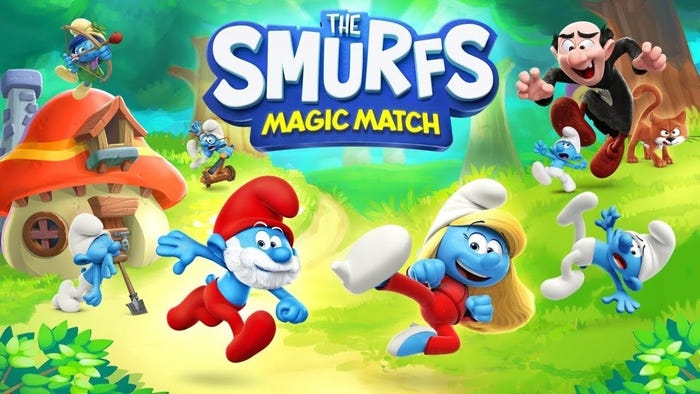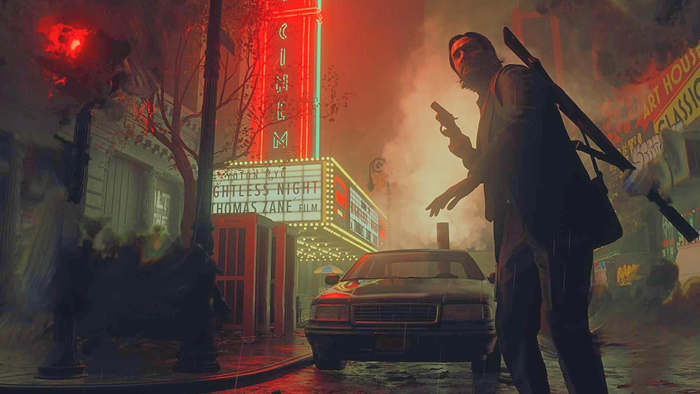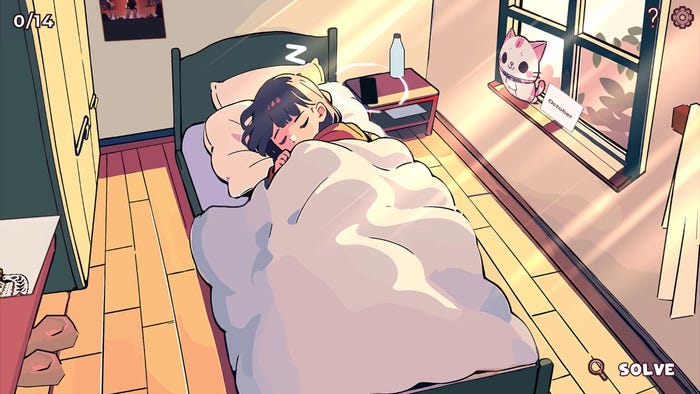So You Say You Want a (Cultural) Revolution: An Introduction
Despite gaming's huge presence in the world, there is still a huge cultural stigma associated with it. How can we start to fix it for the good of us all?

I stood there, looking over my notes, wondering if I could meet the 25 minute requirement for my presentation of my 20-plus page dissertation. I looked over the small crowd, maybe 15 people, that I had to convince that video games were poised to dominate the entertainment industry. Had this been a class filled with students who were studying game programming or game art with me, this would have been easy. But alas, this was a general studies class, and so none of the students were studying what I was. Many of the them were middle-aged women pursuing nursing or teaching degrees. Friendly enough folk, but upon hearing that I was at this college wanting to make video games, a look of confusion did come across many of their faces. Their only exposure to video games were Call of Duty, maybe Angry Birds, and maybe that Wii thing with the weird remote the kids swing around. What a task I had ahead of me, convincing them that there was more to video games than violent shoot-em-ups and Mario. By the time I was finished, 45 minutes later, I still had questions being asked of me, about these games the class had never really heard of in mainstream media, of these big events, of this almost hidden culture around video games. If I at least got a few of them thinking about video games as something more than what kids seem to rot their brains away on all day, then that was enough for me.
We are in dire need of some cultural changes in video games. Not just for the benefit of those of us who play them, make them, study them, and so on, but for the general public. There's more to video games than so-called mass-murder simulators. There's more to our community, our industry, than just some frat club of hot-headed young men. Yet for some reason, the people that are swaying the general public's opinion about video games tend to be the furthest from the industry. Politicians, advocacy groups, even media critics who have, of course, never played video games talk about them more to the populace than we do. Why? Yes, we do have groups like the ECA, and even to an extent the EFF. We had Tech TV, and for a while G4. We have the Video Game Awards on Spike, and they even show quite a bit of stuff from big events, and so does MTV. Occasionally news reports discuss the video game industry, but only ever that a particular company is shutting its doors and firing dozens of people. Video games are even being preserved in the Library of Congress, and several major art museums around the world have video game exhibits. And yet, even with all of this, video games are still either seen as something kids do, or something that young men do. We live in a time where nearly any device can play a video game, where even your mother probably plays Candy Crush Saga, and yet we have a horrible cultural perception to us. To the point that if you seem “normal” then it comes as a shock that that you play video games. The stigma associated with our industry gets so bad, some see a legitimate reason to state that while yes, they make video games, they don't play them of course. They only make them. What other industry feels they have to do this?
Over the next few weeks, I hope to address some of the concerns dealing with our industry, our community, our culture, our passions. I welcome you to submit your views and your issues, whether here or tweet them to me at @anarchymarie. Topics I want to address include women in games, Marketing and PR, serious games, casual vs hardcore, and more.
Let's open up a dialog. Let's figure out where we can go as a group to at least get the general public to understand our love of video games. Because if we don't, the public will keep the same mindset they have about video games for the last 20 years. And well, I feel we deserve more than that. Because we're more than those stereotypes.
Read more about:
BlogsAbout the Author(s)
You May Also Like









